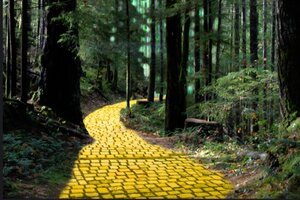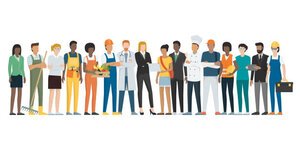
Community Spring Insights

The Pain of “Othering”
“Othering” is being placed in a category by systems and society that deem you unworthy to be a part of the community. As a Black person, the foundation of “othering” is white supremacy that permeates throughout the social and justice system. Mass incarceration arose as part of the New Jim Crow to repress Black people. It is now so large and corrupt that…

Coming Home: A Narrative Poem of Community Voices
The following poem is a collection of community stories gathered in order to end the stigma around incarceration and re-entry. Our hope is that by highlighting the personal experiences of these individuals we may open hearts, minds and eyes to see people who have been incarcerated for what they are…people!

Barriers to Employment Hurt the Entire Community
Coming home from prison I got a job pretty easily at first. I was hired at a restaurant and put on the manager training course. Even though my first paychecks were barely enough to pay rent and utilities, I was hopeful because the pay would increase after training ended. But that would not be the case for me. After 3 months…

My only right is the right to remain silent
Americans like to point to the Declaration of Independence as providing the basic promise of our country: “that all men are created equal, that they are endowed by their creator with certain unalienable rights, that among these are life, liberty and the pursuit of happiness.” But when I look around my community, these words ring hollow. I can’t see the meaningful promises of life…

The Barking Dog of Freedom (sort of)
When I was released from prison I was wearing a bathing suit. I have no idea whose it was. It was a January morning and freezing cold. The guards said it was the only thing they could find. I didn't believe them, and I didn’t argue. My family was still hours away with clothing, so I could either stay in a cage even longer or take what they give me and go. So I…

Our fellows dug deep into their past to determine how to reshape their future
Welcome to the first ever blog for Community Spring! We are a non-profit organization that is spurring economic mobility and dismantling structural poverty at a grassroots level. We use a direct job-creation model that employs people in poverty to address the systemic issues that they identify as contributing to poverty. Community Spring fellows cultivate collective power through…
